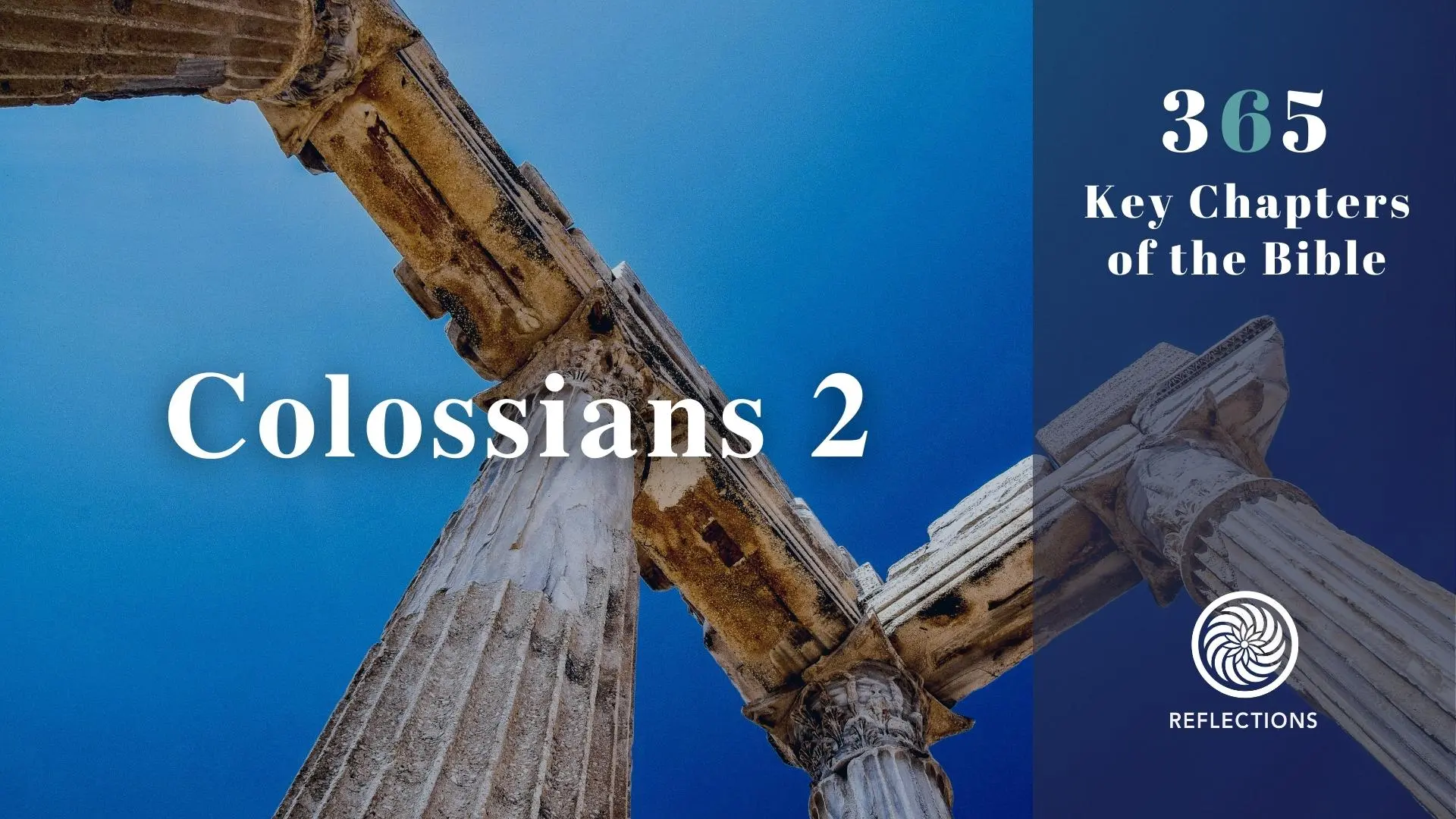Paul writes his letter to the Colossians to encourage them in Christ and to help them address false doctrine that was being perpetuated in their midst. Among the false doctrines promoted was an insidious legalism masquerading as piety that threatened the believers’ freedom and liberty in Christ (cf. Colossians 2:8, 16, 20–23). These philosophies and deceptions were not grounded in the truth of the gospel or in the person of Jesus Christ but rather were instigated by those who were more concerned with the traditions of men than with the truth of God.1
Jesus Is Enough
Paul teaches us through Colossians that Jesus alone is sufficient for all things. He writes, “in Him the fullness of Deity dwells in bodily form, and in Him you have been made complete” (Colossians 2:9–10). We don’t need to turn to legalistic practices or regulations, mystical visions, or hidden knowledge (Colossians 2:18) to be accepted by God. We have everything we need in Jesus, “in whom are hidden all the treasures of wisdom and knowledge” (Colossians 2:3). In Him, we’ve been forgiven for our sins and are made alive. Therefore, because we have everything we need in Jesus, let us not be fooled into thinking that we must somehow perfect the work He’s already done by practicing false piety through legalism.
This teaching is based on Ken Boa’s Handbook to Scripture.
Related Reading & Resources:
Notes:
- Some Christians here think Paul is warning us against philosophy, as it is narrowly considered today. That is not the case. To the Greeks, philosophy was merely the love of wisdom and the pursuit of knowledge. Paul is warning the Colossians against pursuing wisdom and knowledge that were opposed to the knowledge of Jesus Christ. Concerning the modern idea of philosophy, C.S. Lewis rightly observed that “Good philosophy must exist, if for no other reason, because bad philosophy needs to be answered.”



